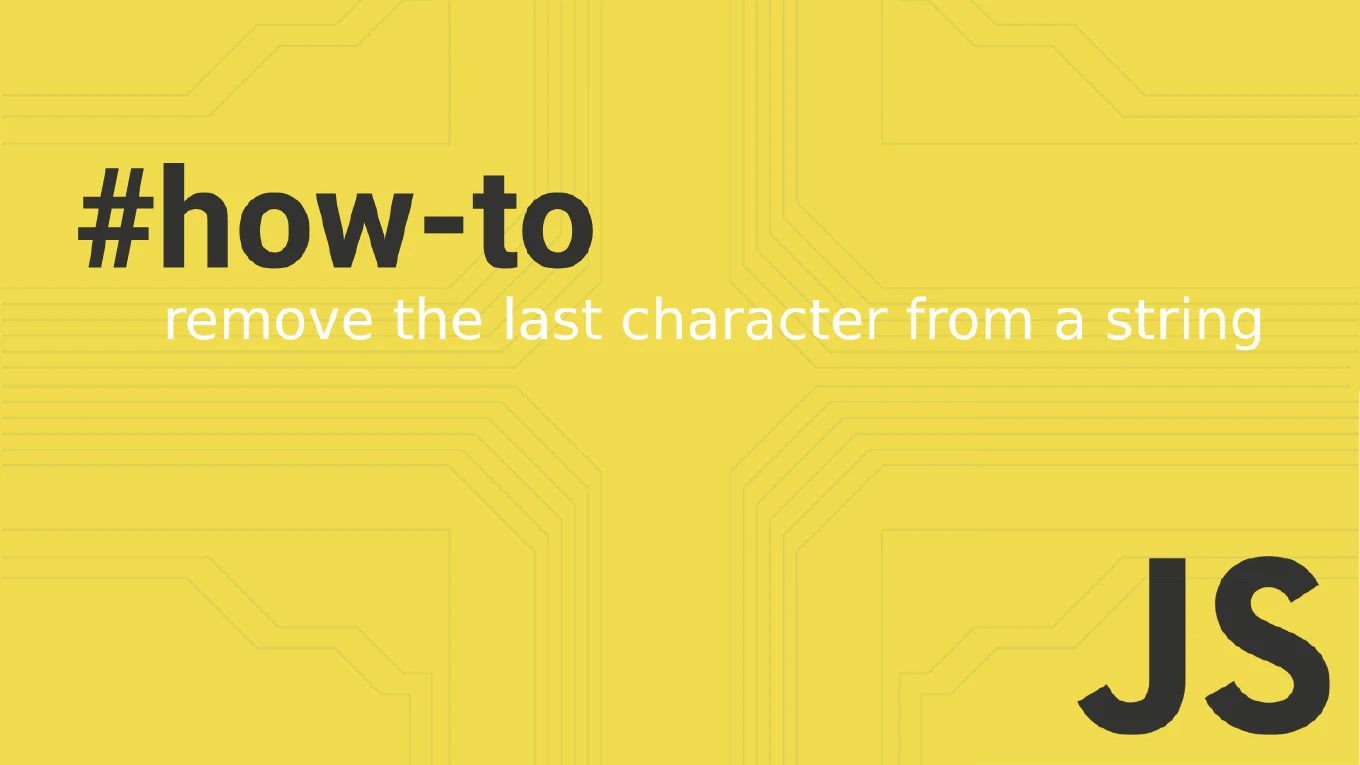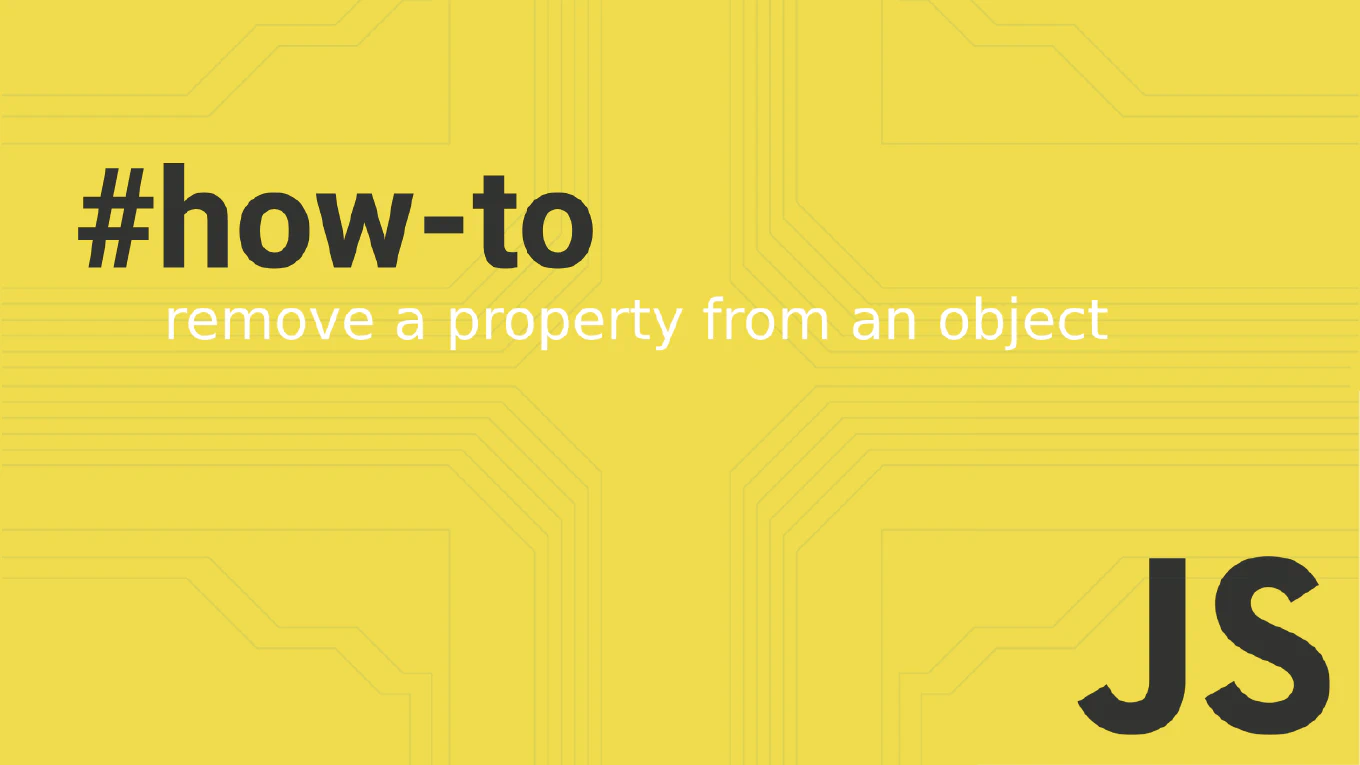How to check if a string is empty in JavaScript
Checking if strings are empty is fundamental for form validation, data processing, conditional logic, and implementing features like required field validation or content display controls in JavaScript applications.
With over 25 years of experience in software development and as the creator of CoreUI, I’ve implemented empty string checks extensively in components like form inputs, search bars, and content validators where ensuring data presence is crucial for user experience and application logic.
From my extensive expertise, the most reliable and performant solution is checking the string’s length property against zero.
This approach is direct, efficient, and handles the specific case of empty strings without ambiguity.
Use the length property to check if a string is empty by comparing it to zero.
const text = ''
const isEmpty = text.length === 0
// Result: true
The length property returns the number of characters in a string, so comparing text.length === 0 determines if the string contains no characters. In this example, an empty string '' has a length of 0, making the condition true. This method is precise and only returns true for completely empty strings, not for strings containing only whitespace. For strings with spaces like ' ', the length would be 3, not 0. This approach is faster than string comparison and more explicit than truthy/falsy checks.
Best Practice Note:
This is the same approach we use in CoreUI components for form validation, conditional rendering, and data processing across our component ecosystem.
To check for empty or whitespace-only strings, use text.trim().length === 0. For a more comprehensive check including null and undefined, use !text || text.length === 0. The strict comparison === 0 is preferred over == 0 to avoid type coercion issues and ensure precise empty string detection.







